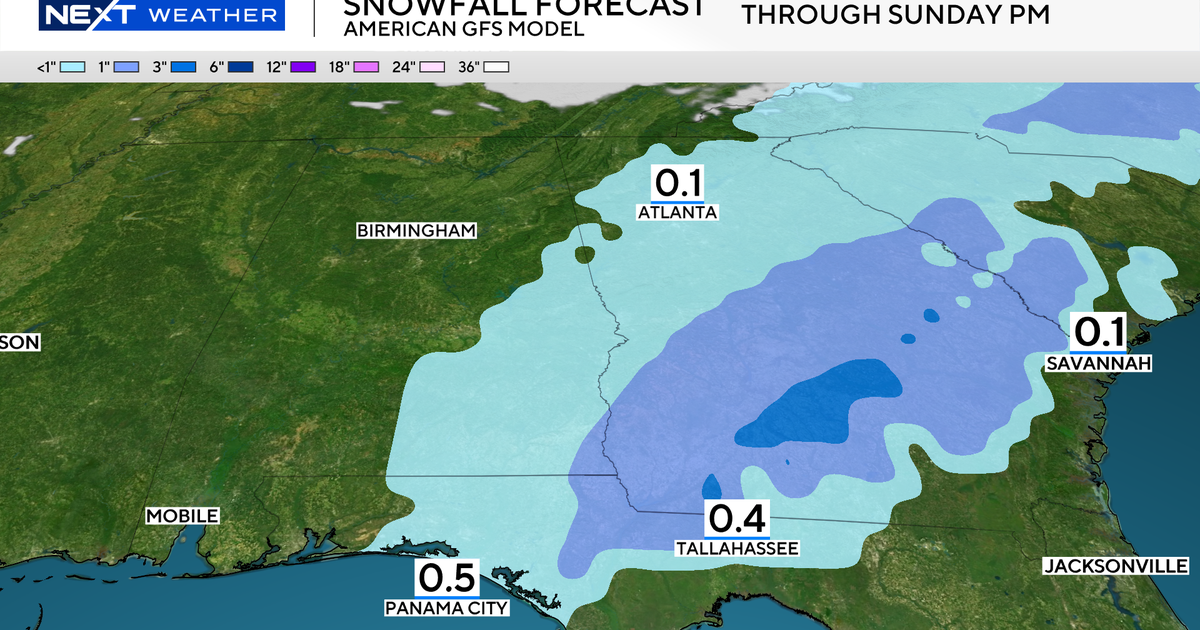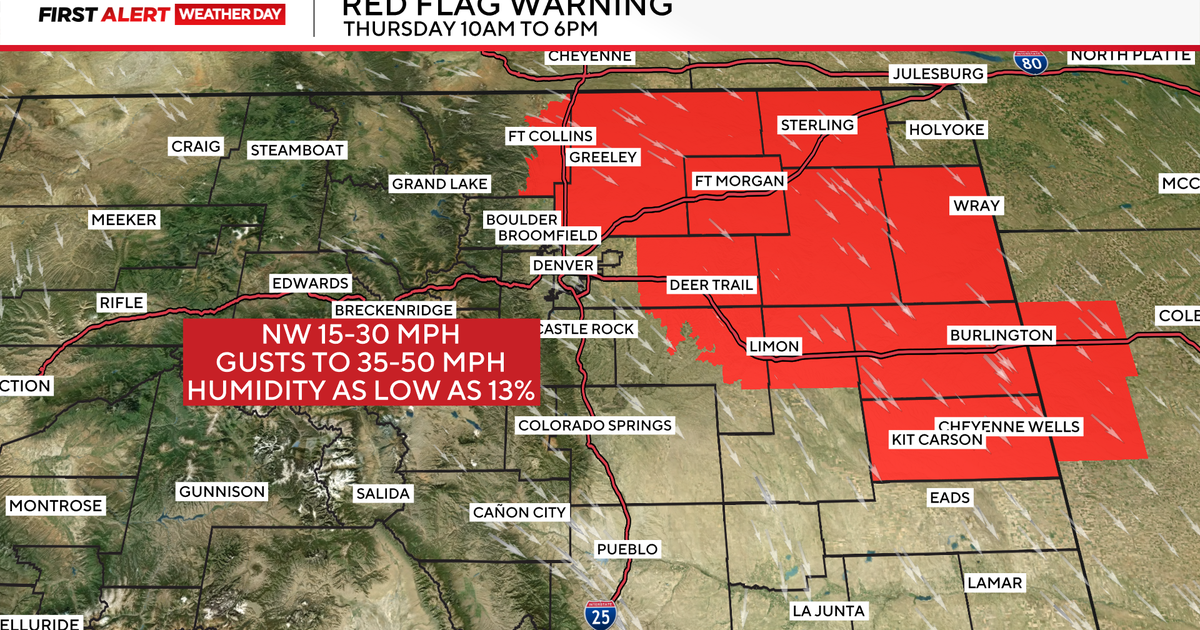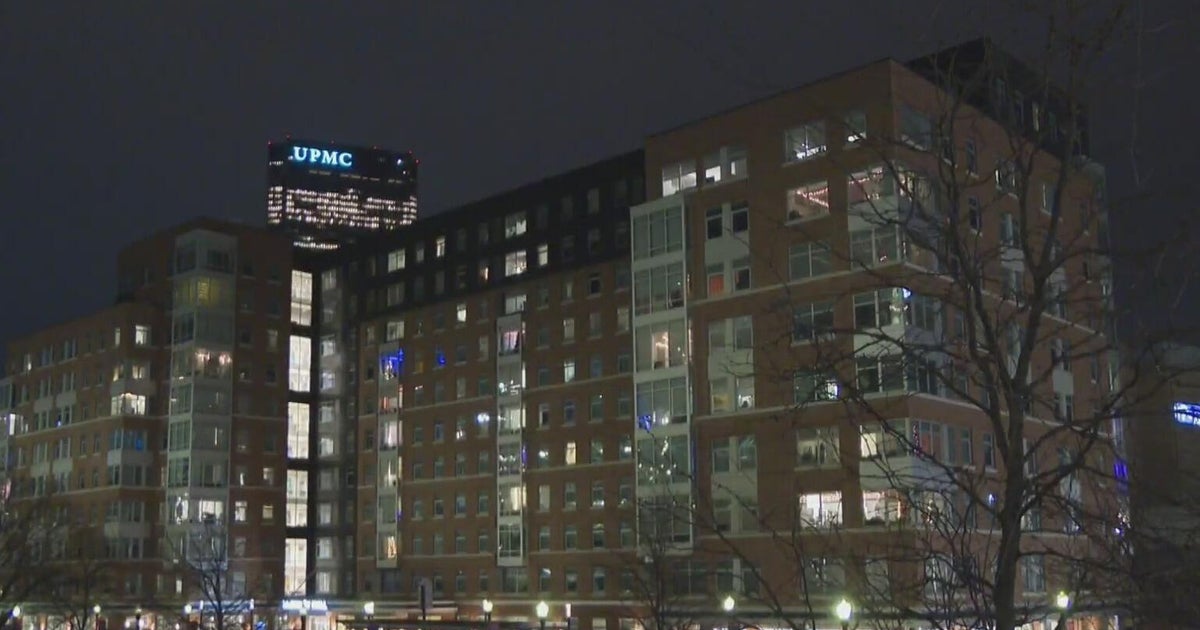South Florida's excessive heat can be dangerous to your health
MIAMI - The "dog days" of summer in South Florida are hot and sultry. They can also be dangerous to your health.
Miami-Dade, Broward, and Monroe have been under a Heat Advisory every day since July 4th. The current advisory runs through 8 p.m. Sunday. It's expected that it will be extended once again.
The National Weather Service issues a Heat Advisory when the heat index, or "feels like" temps, hit 105 degrees or higher and is expected for at least two hours.
For the second time this week, Miami-Dade was under an Excessive Heat Warning on Friday.
The Excessive Heat Warning extends until 8 p.m. and was issued because the NWS said the heat index values, "feels like" temperatures, could reach 112 degrees or higher. The NWS issues an Excessive Heat Warning when heat index values, "feels like" temps, are at or above 110 for more than two hours.
"Extreme heat and humidity will significantly increase the potential for heat-related illnesses, particularly for those working or participating in outdoor activities," the weather service said in an advisory.
People are urged to drink plenty of fluids, wear light weigh loose fitting clothing, and avoid prolonged exposure to the heat, especially in the afternoon.
If you're planning to spend any amount of time outdoors in this heat, hydration needs to start before you leave the house, according to Dr. Joe Lally with the Cleveland Clinic.
"Even if you don't necessarily plan on doing a lot of activity outside, it's important to kind of be aware of what you're going into. Making sure that you're hydrating throughout the course of the day so that your body would have the ability to adapt. Making sure that we're drinking water, make sure that we're drinking electrolyte drinks to replace what we're losing in our sweat," he said.
You should look out for the earliest warning signs of dehydration such as dizziness, lightheadedness, nausea, and headaches. The most dangerous type of heat-related illness is heat stroke. If a person doesn't get emergency treatment right away it can be deadly.
"Their temperature will start to elevate and they don't have the ability to lower their temperature. They often become confused, disoriented, and they develop rapid heart rates and they can drop their blood pressure," said Lally.
Young children and the elderly are at the greatest risk for heat-related illness, according to the US Centers for Disease Control and Prevention. Certain medications can also make a person more prone to heat-related illness and dehydration.. they include blood pressure medications and water pills.







